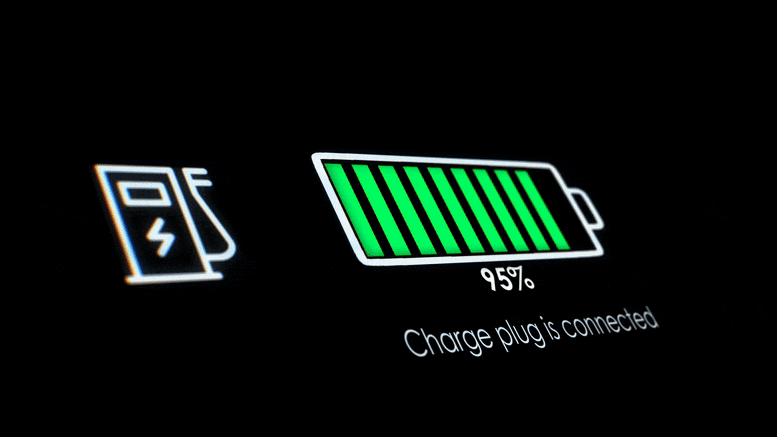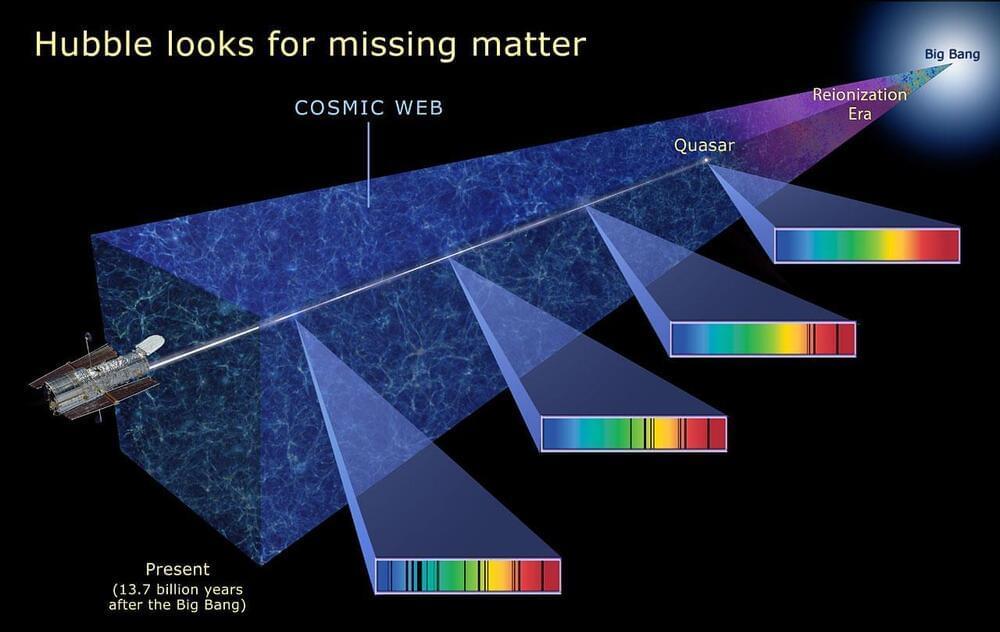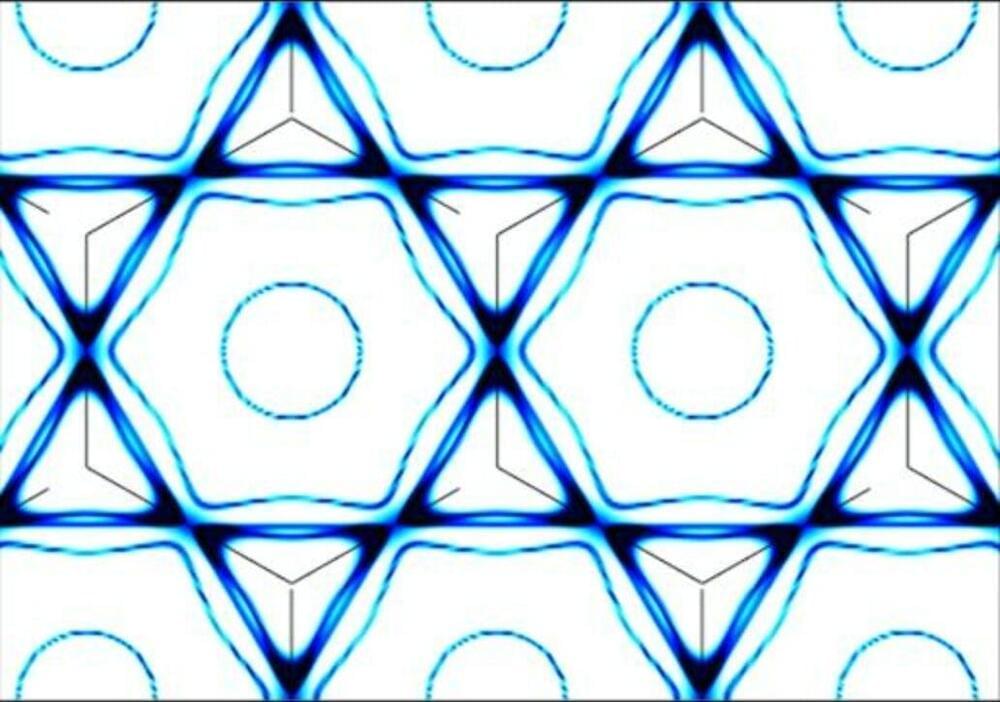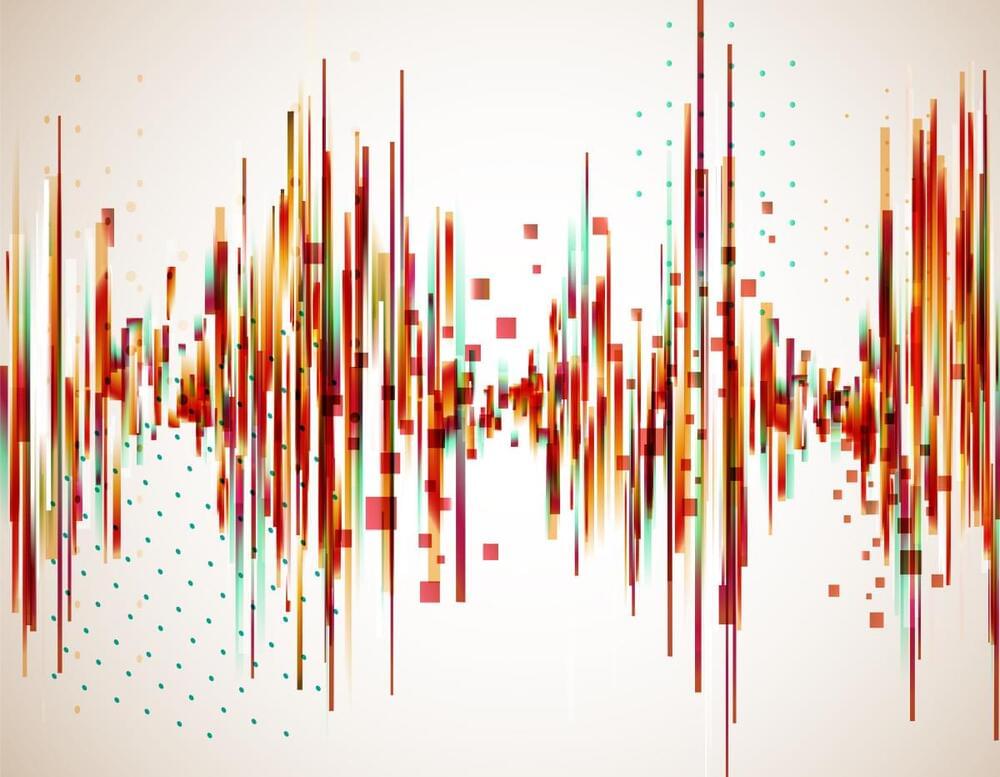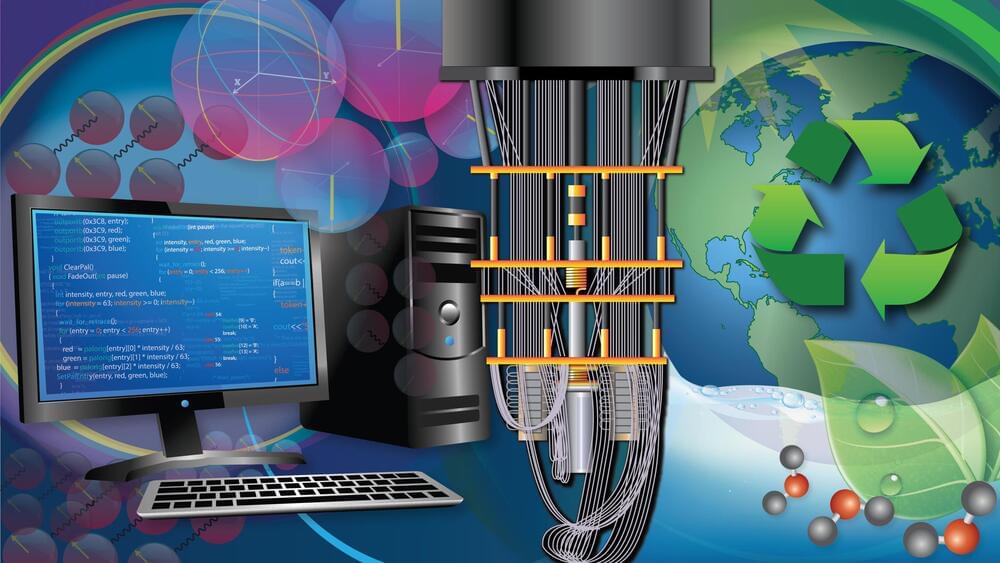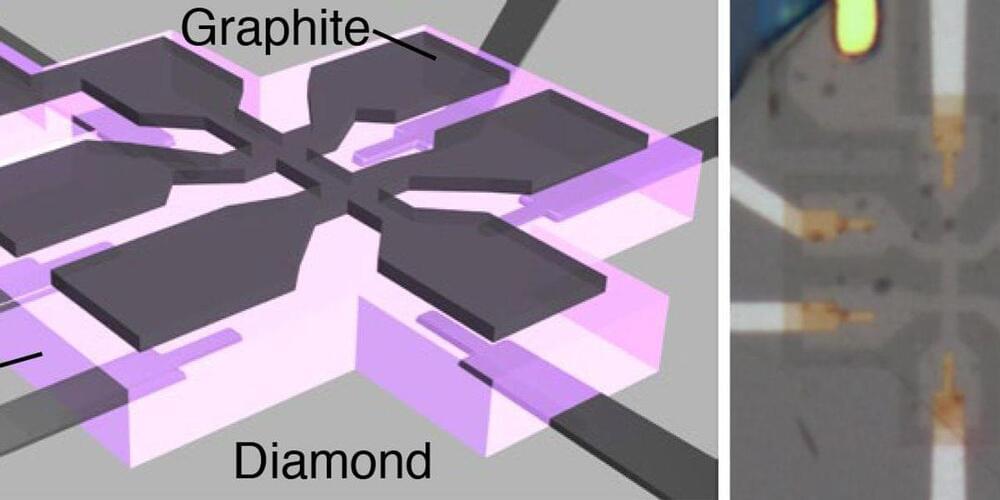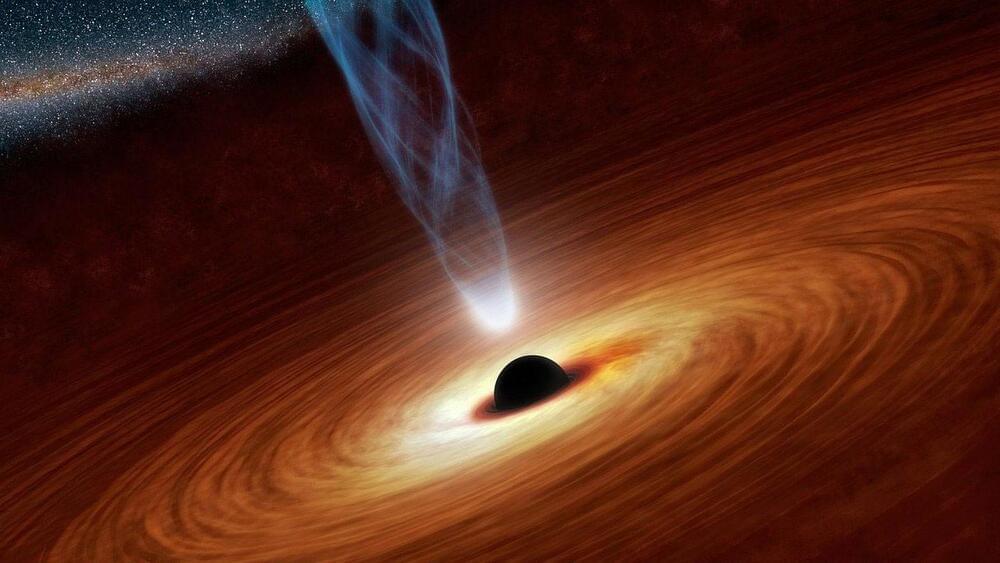Mar 21, 2022
New Quantum Technology To Make Charging Electric Cars As Fast as Pumping Gas
Posted by Shubham Ghosh Roy in categories: Elon Musk, energy, quantum physics, sustainability
Quantum charging will cut the charging time of electric vehicles from ten hours to three minutes.
Whether it’s photovoltaics or fusion, sooner or later, human civilization must turn to renewable energies. This is deemed inevitable considering the ever-growing energy demands of humanity and the finite nature of fossil fuels. As such, much research has been pursued in order to develop alternative sources of energy, most of which utilize electricity as the main energy carrier. The extensive R&D in renewables has been accompanied by gradual societal changes as the world adopted new products and devices running on renewables. The most striking change as of recently is the rapid adoption of electric vehicles. While they were hardly seen on the roads even 10 years ago, now millions of electric cars are being sold annually. The electric car market is one of the most rapidly growing sectors, and it helped propel Elon Musk to become the wealthiest man in the world.
Unlike traditional cars which derive energy from the combustion of hydrocarbon fuels, electric vehicles rely on batteries as the storage medium for their energy. For a long time, batteries had far lower energy density than those offered by hydrocarbons, which resulted in very low ranges of early electric vehicles. However, gradual improvement in battery technologies eventually allowed the drive ranges of electric cars to be within acceptable levels in comparison to gasoline-burning cars. It is no understatement that the improvement in battery storage technology was one of the main technical bottlenecks which had to be solved in order to kickstart the current electric vehicle revolution.
